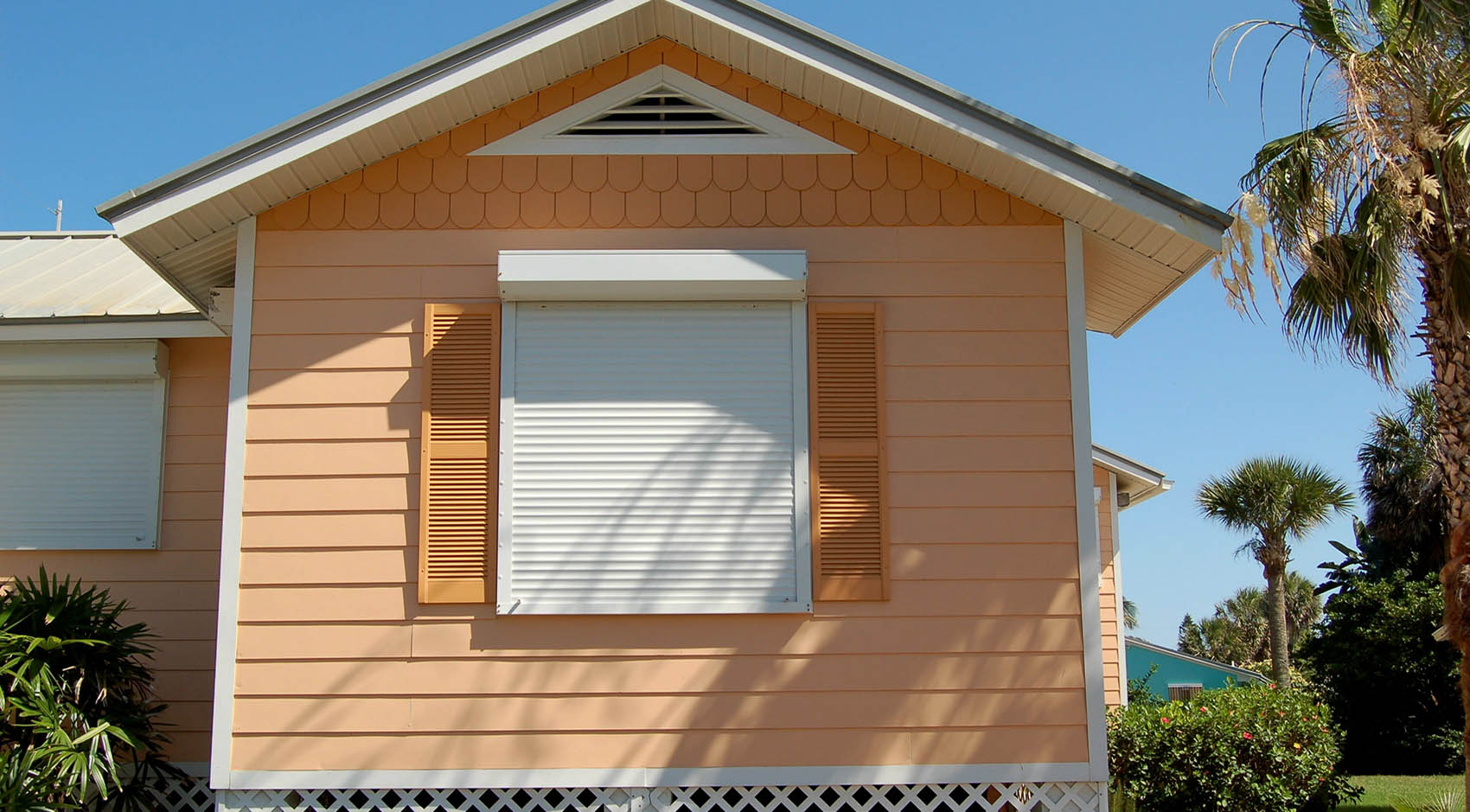
By Lucy Donn, Guest Contributor
I remember as a child growing up in the Coastal South always hearing my parents speak of “preparing for the hurricane season,” like it was as important as a favorite holiday. As we are now soundly in the middle of hurricane season in Charleston SC (June 1st through November 30th annually) it’s important to note that about 61% of all named storms in the Atlantic since 1950 have occurred in either August or September. There are plenty of things to consider when a hurricane warning has been predicted to hit your area, and it helps to stay ahead of the storm … no pun intended!
Here are some important tips to consider when preparing for the worst possible weather. Remember that oftentimes, the two big things that we usually take for granted, electricity and water, are shut off.
Ways to Prepare BEFORE the Warning:
- Invest in hurricane grade windows or window coverage.
- Invest in a generator to supply limited power for portable a/c, pool motor, and or your washing machine.
- Purchase flood insurance in advance; South Carolina homes are susceptible to flooding.
- Possibly set aside funds in a Catastrophe Savings Account, which is a state income tax-free savings account.
- Make sure that pets are current with their vaccines, as they might need to board during the storm.
- Locate and store all insurance policy documents into a safe, waterproof, and accessible location
- Create a list of and photograph all valuables in your home (i.e. electronics, furniture).
When there is a CURRENT Hurricane Warning:
- Create an Emergency Plan
- Stay updated and informed with the Weather Channel and other local news outlets.
- Be aware of your evacuation zones and where yours is located, and stay alert for calls for evacuation.
- If SC Emergency Management Division calls for evacuation know evacuation routes in advance.
- Make plans ahead of time to stay with relatives, if possible – hotel expenses can add up quickly.
- Call your Vet/Boarding Facility to arrange to board your pets if you must evacuate.
- Worst-case scenario: locate the nearest shelter
- Never plan to “shelter in place ” but in a dire circumstance if you must stay, determine which room without windows is suitable
If EVACUATION has been CALLED FOR:
- Cover all windows with at least ½ inch thick shutter boards or plywood boards.
- Have a well-stocked first aid kit.
- Have re-fills on hand for all your prescriptions.
- Fill vehicle with gasoline, and find a place to park your vehicle inside (preferably) or on higher ground.
- Have supply of non-perishable, easy to prepare foods at hand. Have large supply of water.
- Remove all yard debris, and trim back branches on large trees that could be potentially hazardous.
- Remove and or secure outdoor items (i.e. grill, patio furniture, flags, hanging baskets).
INSURANCE – After the Storm:
-Review it, remember it, and understand what it covers.
Hurricane Insurance covers you for just that … a hurricane. So if it goes from being a “tropical storm ” with a name to a hurricane with a name (i.e. Hurricane Hugo, Katrina etc.) then hurricane insurance will cover you. Any water damage to your dwelling or items in your dwelling from water coming from above – the sky more or less – is covered under Hurricane Insurance. However water damaging your items in the case of a flood due to a hurricane, as from rising water or tidal surge is not covered! That’s when you need flood insurance.
Flood insurance covers you for water that rises from the ground up. So if it rained for 40 days in a row and your home became submerged, then you’re covered! The only time you are required to get Flood Insurance is if you live in a flood zone, so it is important to know the local elevation map of your area, and the distinctly different designations among the different classifications. Charleston is prone to flooding for reason’s unrelated to hurricanes and there are some things you need to do immediately after any flood damage occurs.
So what the heck is “Wind & Hail Insurance? ” This is what most people carry in SC as insurer’s in coastal, storm prone regions often exclude wind damage from their routine homeowner’s policies. Being insured through a Wind & Hail Pool allows homeowners access to coverage of damage that may exist from a catastrophic storm.
The rich history of Charleston, SC includes wars, earthquakes and hurricanes, the most notable in its recent history was Hurricane Hugo which made landfall around midnight on September 22, 1989 just north of Charleston at Sullivan’s Island as a Category 4 storm with estimated maximum winds of 135-140 mph. As a result of the impact from Hugo, much of the coastline of Charleston’s outlying barrier islands was changed dramatically and permanently.
NOTE: Being in a region of the country that is prone to tropical storms and hurricanes is a small but unavoidable trade-off for the breathtaking beauty and easy lifestyle that comes with living in the South Carolina lowcountry. If you own a 2nd home or vacation home along coastal Charleston SC, looking after it long distance during hurricane season can be a particular point of stress and worry. That’s where our Luxury Simplified Retreats team can lend a hand! As leaders in luxury property management in downtown Charleston and on the surrounding barrier islands, their expertise, which includes hurricane preparation, routine site visits, monthly maintenance checks, and in-house repair team mean your property is in good hands … during hurricane season and throughout the year!
Interested in Learning More?
Our expert teams - from development, investment, real estate, and property management - have experienced it all and have the insight to help you along the way.
Find Out More